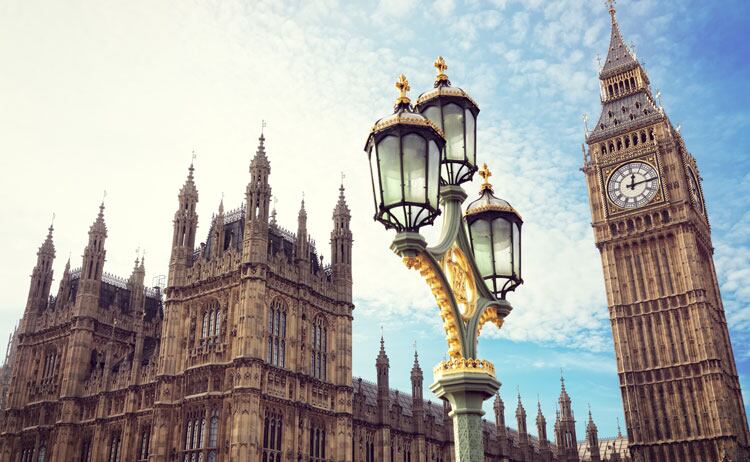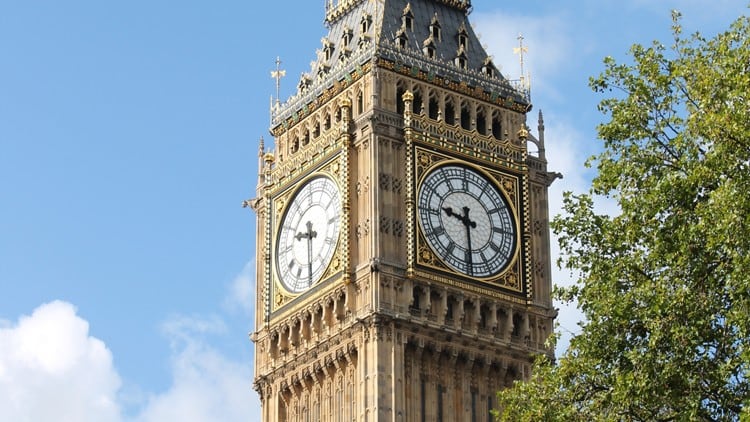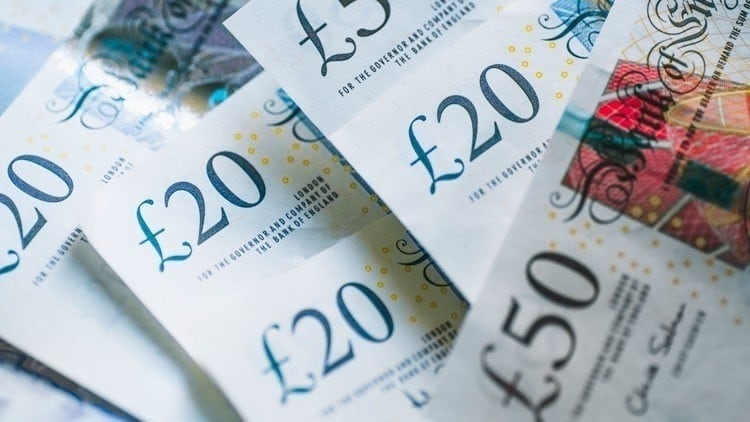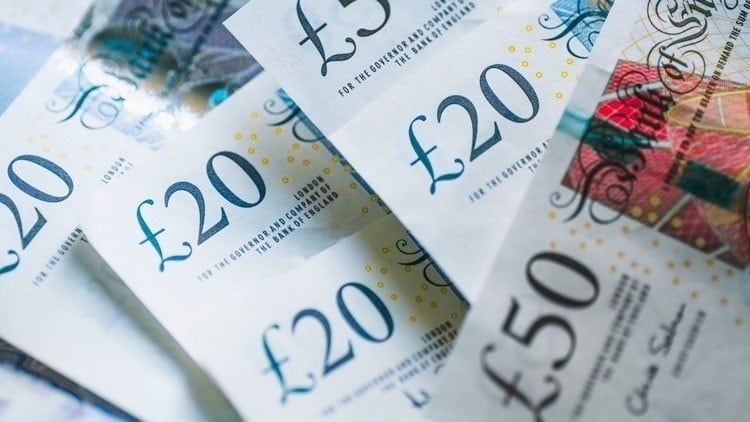Speaking in the House of Commons this lunchtime (27 October), the Chancellor said his latest Budget would not draw a line under Covid, but does begin the work of building an economy post-pandemic.
As well as changes to the business rates system, the Chancellor also announced reforms to alcohol duty. However, in a blow to the sector he failed to offer any further VAT relief, meaning it will return to its pre-pandemic level of 20% in April 2022.
Regarding business rates, the Chancellor said removing the controversial levy would be 'irresponsible', citing that it raises £25bn for the Treasury. However, he did commit to reforming the system.
This will mean that from 2023 there will be revaluations every three years, rather than every five.
Next year's planned in increase in the multiplier will be cancelled; and, in a targeted boost for the sector, there will be a one-year 50% cut in business rates for the hospitality and leisure sector up to a maximum of £110,000.
According to Sunak, the tax cut will be worth almost £1.7bn, and with Small Business Rates Relief more than 90% of eligible businesses will see a discount of at least 50%.
“This is the biggest single year tax cut to business rates in over 30 years,” Sunak said.
Business rates 'improvement relief' will also be introduced, meaning any business which makes improvements to property will pay no extra business rates for 12 months; and there will be a new relief to encourage green investment in technologies like solar panels.
Changes to alcohol duty
Elsewhere, the Chancellor announced a radical shakeup to alcohol duty, in what he described as the biggest changes to the way drinking is taxed in more than a century.
The main duty rates will be cut from 15 to six, with a new system based on the principle that the higher the alcohol content, the higher the rate. Higher strength alcoholic drinks will attract higher duties, including stronger red wines, fortified wines and high-strength ciders. Lower strength drinks – such as rose, fruit ciders and liqueurs – will attract a lower tax rate than they do currently.
Pubs and bars will benefit from a new 'draught relief', which will apply a 5% cut to duty on draught beer and cider served from draught containers of more than 40 litres.
There will also be a new 'small producer relief', which will include small cider makers for the first time, in a similar way to small brewers’ relief.
Sunak said he will end the 'irrational duty premium' of sparkling wines costing more than still wines of equivalent strength, with duty also also being cut on fruit ciders to bring it in line with apple ciders.
Announcing the measures, the Chancellor said: “That’s the biggest cut to cider duty since 1923. The biggest cut to fruit ciders in a generation. The biggest cut to beer duty for 50 years.”
Additionally, the planned increase in duty on spirits including Scotch whisky, wine, cider and beer will all be cancelled.
Wage rises and skills spending
As had already been announced, the Chancellor confirmed that the National Living Wage will increase by 6.6% next year to £9.50 an hour.
One of the largest increases seen for the living wage, the rise will be worth £1,074 extra a year before tax for a full-time worker.
There will also be rises in the minimum wage for workers aged 21 and 22 years old, from £8.36 to £9.18 – a 9.8% increase. The rate for 18 to 20-year olds will rise from £6.56 to £6.83 and for 16- and 17-year olds it will rise from £4.62 to £4.81 – up 4.1%. The hourly rate for apprentices will also increase by 11.9% to £4.81.
With regards to boosting employment, meanwhile, the Chancellor said the Government will raise spending on skills and training by £3.8bn over the parliament, an increase of 42%.
The Chancellor described Britain's post-Covid economy as economy for 'a new age of optimism, where the only limit to our potential is the effort we are prepared to put in and the sacrifices we are prepared to make'.
Inflation, he said, is forecast to reach 4% over the next year, according to the Office for Budget Responsibility (OBR), and he warned that pressures caused by challenges to the supply chain and rising energy prices will take months to ease.
"It would be irresponsible to pretend these problems can be solved overnight," he said.
"The UK cannot address them on their own. But it will act where it can."
To further address the ongoing HGV driver shortage, he announced the HGV levy, already suspended until August, will be suspended for a further year; and vehicle excise duty for heavy goods vehicles will be frozen.
New funding will also be made available to improve lorry parks, and the planned planned rise in fuel duty will be cancelled.
Striking an buoyant note, the Chancellor announced that growth forecasts show a significant, if expected, upgrade this year to 6.5% from 4% in March’s economic and fiscal outlook.
With the economy recovering faster than the OBR had expected earlier this year, it means the economy should reach pre-crisis levels at the turn of the year - earlier than forecast.




